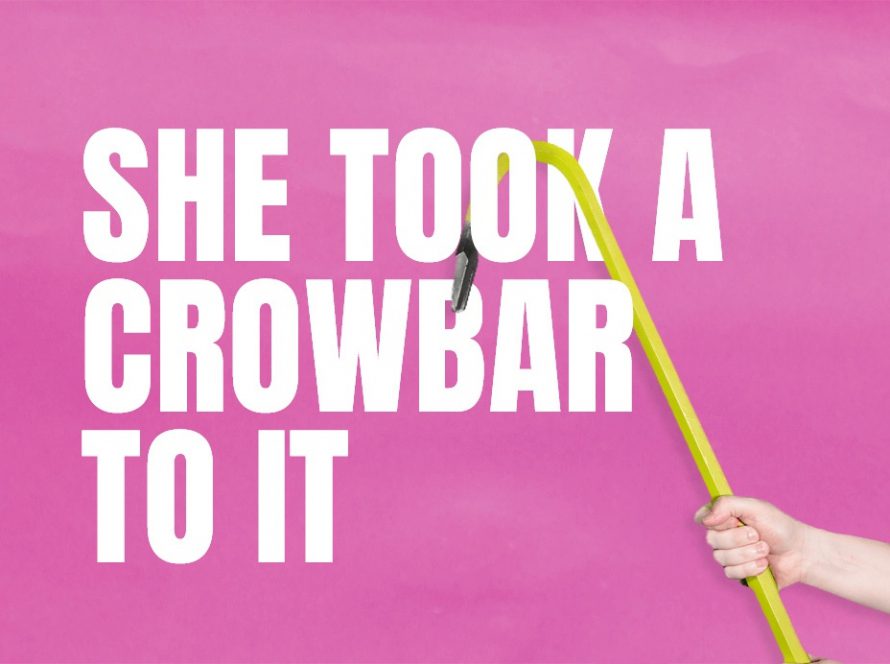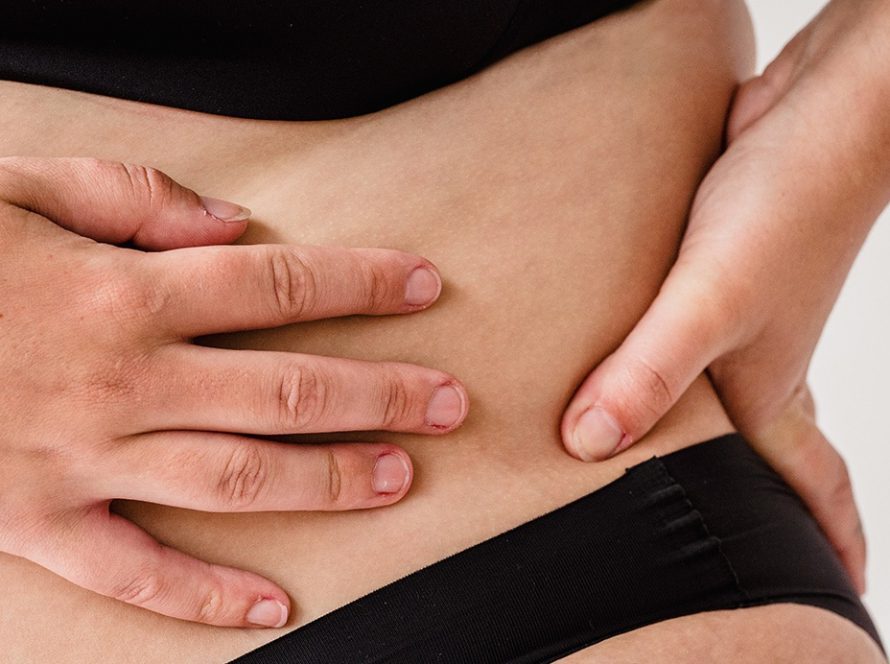When it comes to sustainable fat loss, there are 3 main points I would stress:
- Don’t over-complicate it
- Don’t over analyse it
- Don’t rely on your willpower alone
If you do any of these, you are destined to fail! That is a fact. Everyone is looking for that magic “something” that will blitz the fat from their body in super-sonic times.
It’s not magic, it’s not sexy, it’s actually really simple. In order to achieve fat loss which is sustainable, the program you can see yourself maintaining and using in your own life is entirely up to you! Yes, you heard correctly, use the one thing that works for you. You are unique, you are the best judge of what a sustainable fat loss program should look like and how it fits into YOUR life.
There are many methods to losing fat here are a few of the most common ones:
- Low carb dieting
- Low fat dieting
- Clean eating
- IIFYM – (If It Fits Your Macros)
- Flexible dieting
- Intermittent fasting
- Ketogenic dieting
These methods are all branded as “different diets”. There is one principle common to all of the diets above and that is creating a negative energy balance, in other words, eating less calories to lose weight. “What about the exercise”, I hear you say! Yes, a calorie deficit can also be created by expending more calories through exercise, however for the purposes of this article we will stick to the area that my clients find most challenging, which is finding a fat loss plan that works for you and is sustainable.
Aside from reducing your calories, there are a few other factors that I consider important enough to mention, so that your health isn’t compromised and it is fair to say are “non-negotiable” as far as I am concerned.
Eat Real Food (The majority of the time)
Let’s be honest with ourselves, it’s unrealistic to expect the average person to consume 100% wholefoods all the time. There will be occasions that you will not eat minimally processed foods and that’s okay. Just be aware though that the bulk of your calories should come from meat, fish, eggs, vegetables, whole-grains, fruit etc. Pulling from personal experience and as a coach, clients find it hard to stop eating biscuits, sweets and crisps once they start. It triggers hormones in the brain which are hard to regulate and stop and can lead to over consuming calories. What would you find it easier to over eat on, your favourite chocolate or crisps or a plate of meat, potatoes and veg?
Eat More Protein
One of the biggest macro-nutrient shortfalls I see is with protein. We get most of our calories from carbs and a lot less from protein. Aside from the healthy benefits of protein and the fact that it is an ESSENTIAL macro-nutrient, it will keep you feeling fuller for longer and is harder to over eat on than say a plate of chips. Protein recommendations vary from person to person however a simple guideline is 2 grams per KG of body weight. Increase it to 2.5g per KG if you are already lean, on a diet or do a lot of training.
Be consistent
Remember this saying, “Be Consistently Good Not Inconsistently Perfect”. It’s what you do on average that counts. Allow flexibility in your diet to have some of the things you like. For example, a few glasses of wine and your favourite takeaway at the weekend, a mid week chocolate cake, a wedding, hen party, night out with friends. All these things can be factored into your diet plan to make it enjoyable and sustainable. If you don’t factor these in, chances are you will crash and burn after a few weeks of total deprivation.
To conclude, remember to create a calorie deficit which you will have to reduce as you get leaner. Use an online calorie calculator to figure out your calorie requirements. Follow a diet plan that best suits your personality, lifestyle, and personal goals. Get that protein in with every meal to hit requirements. Get most of your calories from nutrient dense foods and don’t deprive yourself as provided you’re still in a calorie deficit you WILL lose weight.


